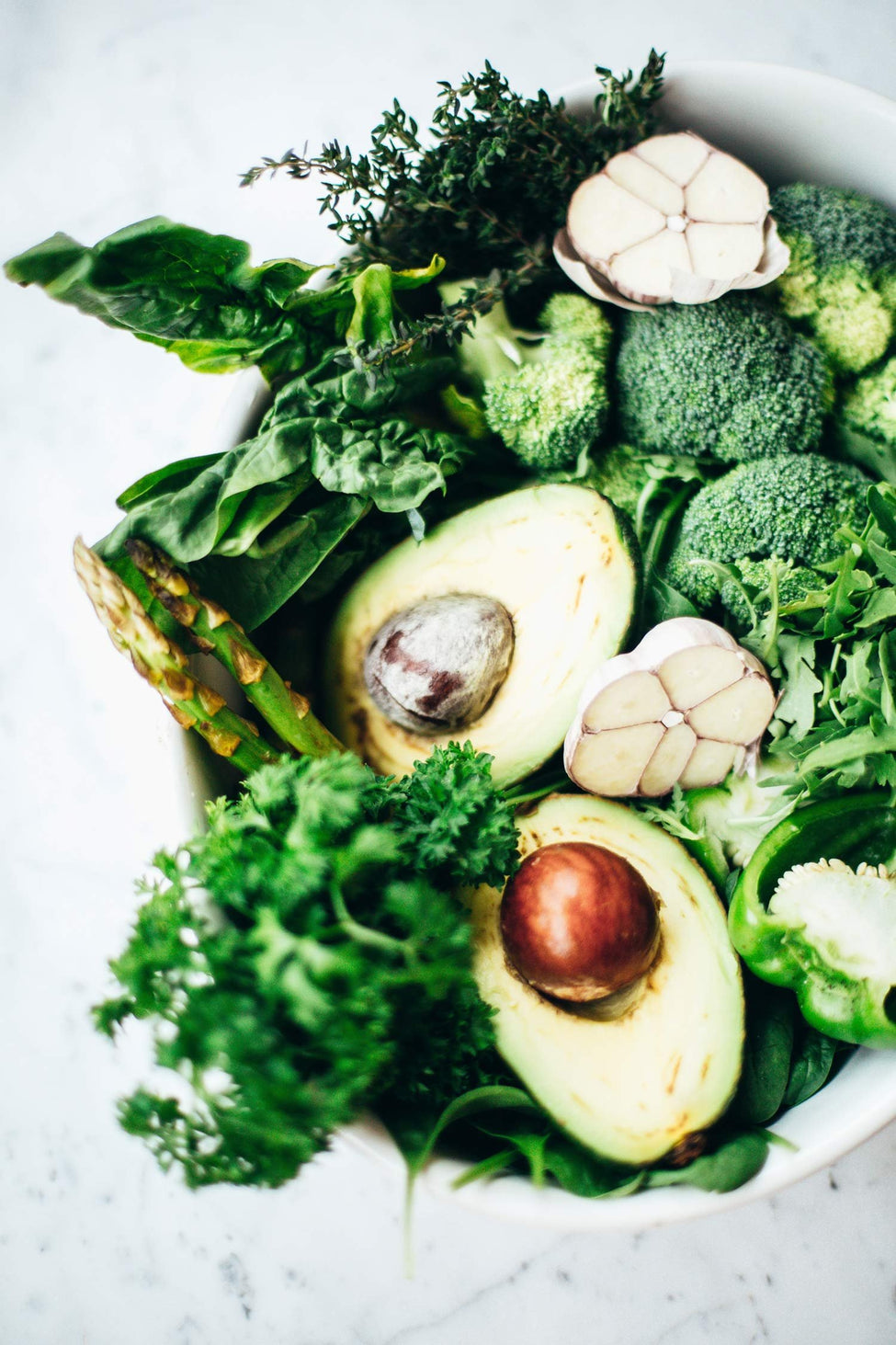There is nothing worse than feeling bloated – it’s uncomfortable overall not an enjoyable time!
There are many reasons why you could be experiencing bloating but today we are going to share 3 tips that might help stop that dreaded feeling so you can get on your way to a happy tummy!
Sit Down To Eat and Take Your Time
More often than not we are in a rush and eating on the go in the car or out of a container over a bench, but where you can help it make sure you are seated and really taking your time to eat. This allows our bodies to actually take it all in and break down the foods to digest. Take time to practice mindful eating.
Drink Ginger Tea Before Meals
Did you know ginger tea is known to help stimulate stomach acid? It stimulates the bile, and gastric juices.
Having tea around 30 min before a meal can aid in the digestion process.
Add Psyllium Husk Into Your Diet
Psyllium husk is a fibre that can act like a brush along your colon wall, helping to eliminate any built-up waste and efficiently digest anything that may be stagnant.
Adding some psyllium husk into a smoothie, juice or sprinkled within a salad can help assist digestion and bloating.
*As always, we recommend that you consult with a health professional for medical advice. Always seek the advice of a physician or other qualified healthcare provider with any questions regarding a medical condition*
LET’S TALK ABOUT THE ‘DIRTY DOZEN’ AND ‘CLEAN FIFTEEN’
If you’ve ever looked into buying organic produce or read up on the use of pesticides and chemicals on our food, you’ll likely have heard of the ‘Dirty Dozen’ and ‘Clean Fifteen’.
So, what are the Dirty Dozen and Clean Fifteen and should they really influence what you put into your trolley?
These two cleverly named lists form part of the Environmental Working Group’s (EWG) Shopper’s Guide to Pesticides in Produce™, which ranks the pesticide contamination of 47 popular fruits and vegetables. Prior to testing, the produce is thoroughly washed and peeled (if applicable) in the same way a consumer would do before eating it. Even after washing, pesticide residues are often still detected on the produce.
The EWG’s Shopper’s Guide to Pesticides in Produce™ has been updated every year since 2004 and is designed to help consumers make informed decisions when buying produce and reduce their exposures to toxic pesticides.
Dirty Dozen
The Dirty Dozen is a list of the 12 fruits and veggies that absorb and retain the highest concentrations of pesticide residue. These are the 12 fruits and vegetables that the EWG recommends buying organic to minimise your consumption of nasty chemicals.
The EWG’s 2020 Dirty Dozen list includes:
-
Strawberries
-
Spinach
-
Kale
-
Nectarines
-
Apples
-
Grapes
-
Peaches
-
Cherries
-
Pears
-
Tomatoes
-
Celery
-
Potatoes
Plus, they also include hot peppers or chillies.
Clean Fifteen
The Clean Fifteen is a list of the 15 fruits and vegetables that contain the least concentrations of pesticide residue. The EWG believes these are the safest to buy in the conventional fruit and veggie aisle.
The EWG’s 2020 Clean Fifteen list includes:
-
Avocado
-
Sweet Corn
-
Pineapple
-
Onions
-
Papaya
-
Sweet peas (frozen)
-
Eggplant
-
Asparagus
-
Cauliflower
-
Cantaloupe / Rockmelon
-
Broccoli
-
Mushrooms
-
Cabbage
-
Honeydew melon
-
Kiwi fruit
If you’ve decided to make the shift to purchasing organic produce, the Dirty Dozen is definitely a good place to start. Of course, it’s not always possible or practical to go fully organic, so the Clean Fifteen provides a great guide for choosing the best options available on the supermarket shelves.
Do you buy organic fruit and veg? We’d love to hear from you! Let us know in the comments below.

